Description
ABSTRACT
The Impact of International Tax Cooperation on Regional Economic Development
Philips Adekemi*
International Tax Cooperation has been a significant subject of discussion in reducing regional economic imbalances. As international organisations continue encouraging bilateral relationships and economic integration, the need for international tax cooperation has intensified. The efforts of the G20, G7, United Nations Zero Draft Terms of Reference for a new International Tax Convention, the Committee of Experts in International Cooperation in Tax Matters and OECD’s decision to include tax transparency in international cooperation processes have called for a critical appraisal of this subject. With practical lessons from Latin America and the Caribbean (LAC) and the Nordic Region, there are several issues to clarify and evaluate in implementing international tax cooperation and its impact on economic development.
This paper explores the effect of International Tax Cooperation on regional economic development, highlighting its increasing complexity. Taking a cue from the resolutions of crucial players in international tax laws and the practicality of tax cooperation in regional development, this study proposes four tools to boost regional economic development through international tax cooperation.
Keywords: International tax cooperation, Regional economic development, UN, OECD, Tax policies.
INTRODUCTION
The history of International Tax Cooperation can be traced back to the international corporate income tax agreement of the 1920s.1 Over the last century, the need for international tax cooperation has intensified. While the international corporate income tax agreement addressed the principle of tax power, the principle of recognition of the peculiarity of transactions between related companies, and the bilateral nature of tax treaties, international tax cooperation addresses the collective challenges of international taxation.
As countries began to build bilateral relationships that encouraged commercial exchanges and financial flows, issues of complex value chains began to arise, posing significant challenges.2 These complex issues were further complicated in the 2000s when more bilateral industries were built, allowing economic integration between countries and increasing the complexity of international tax cooperation.
* International Tax Attorney and Researcher. Graduate of International Tax at the University of Florida, and President’s Distinguished Tax Student scholar
- Richard Woodward, ‘The Evolution of the International Corporate Tax Regime, 1920–2008’ (2018)
Business, Civil Society and the ‘New’ Politics of Corporate Tax Justice 22. - René Hernández, Jorge Mario Martínez-Piva and Nanno Mulder, ‘Economic Development Global
Value Chains and World Trade Prospects and Challenges for Latin America’ (2014) accessed 30 October 2024.

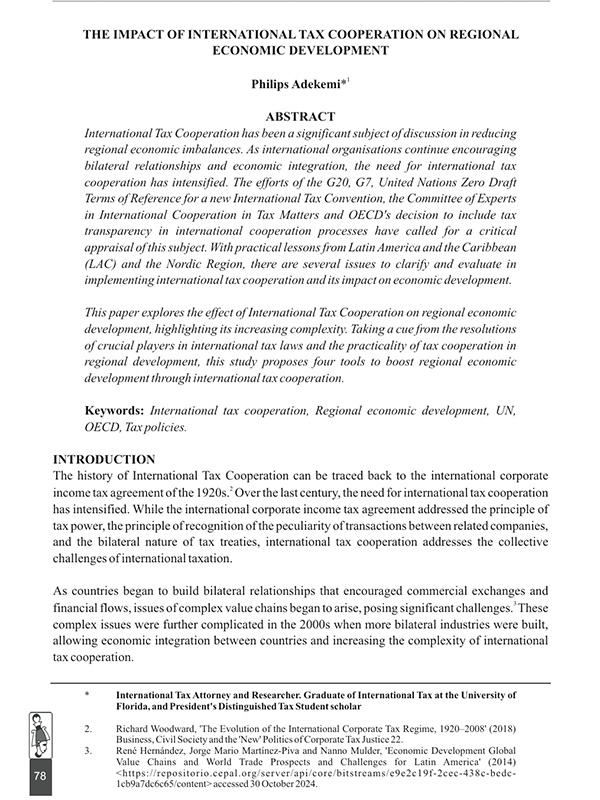
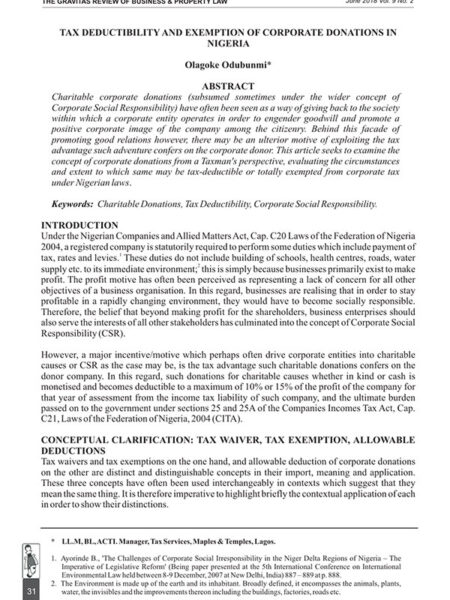
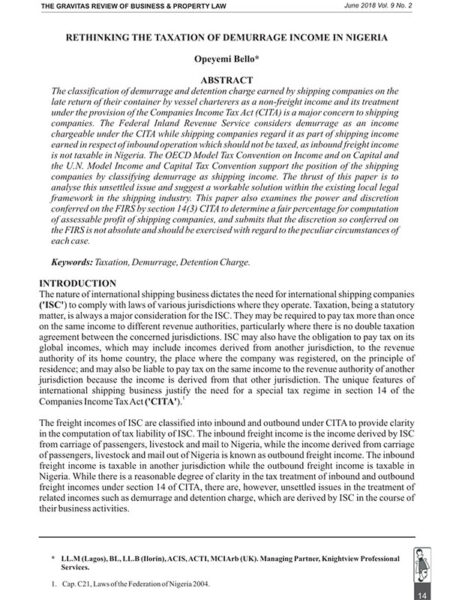
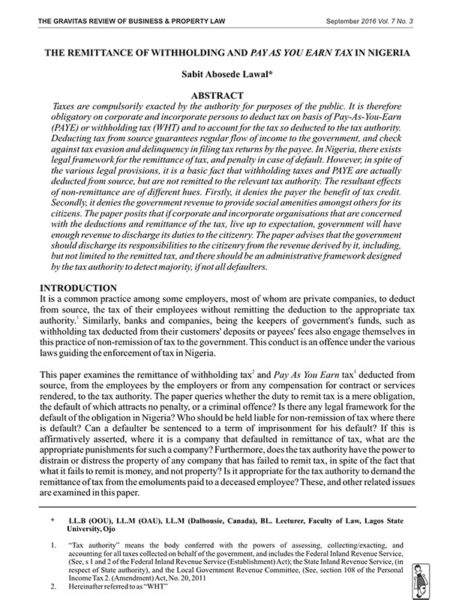
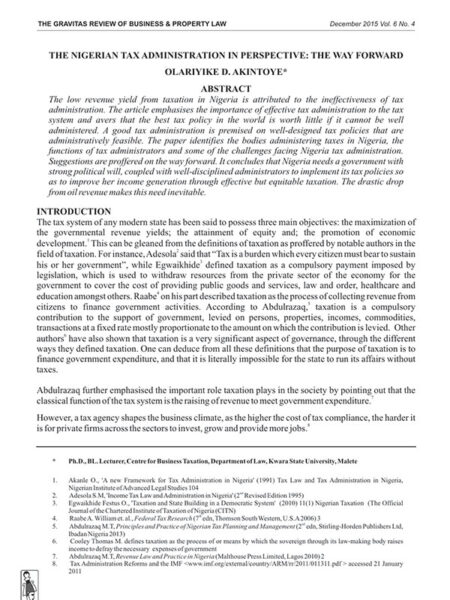


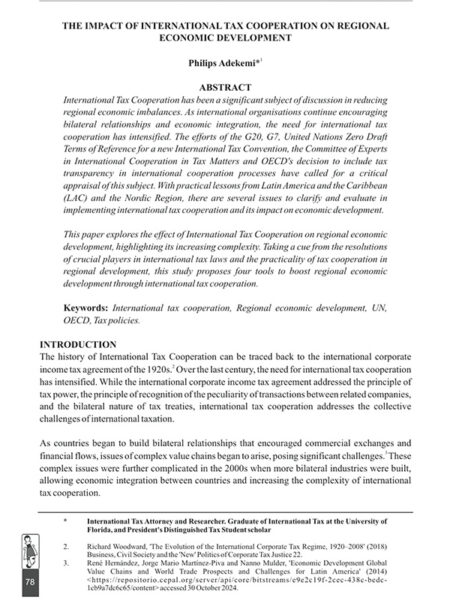
Reviews
There are no reviews yet.